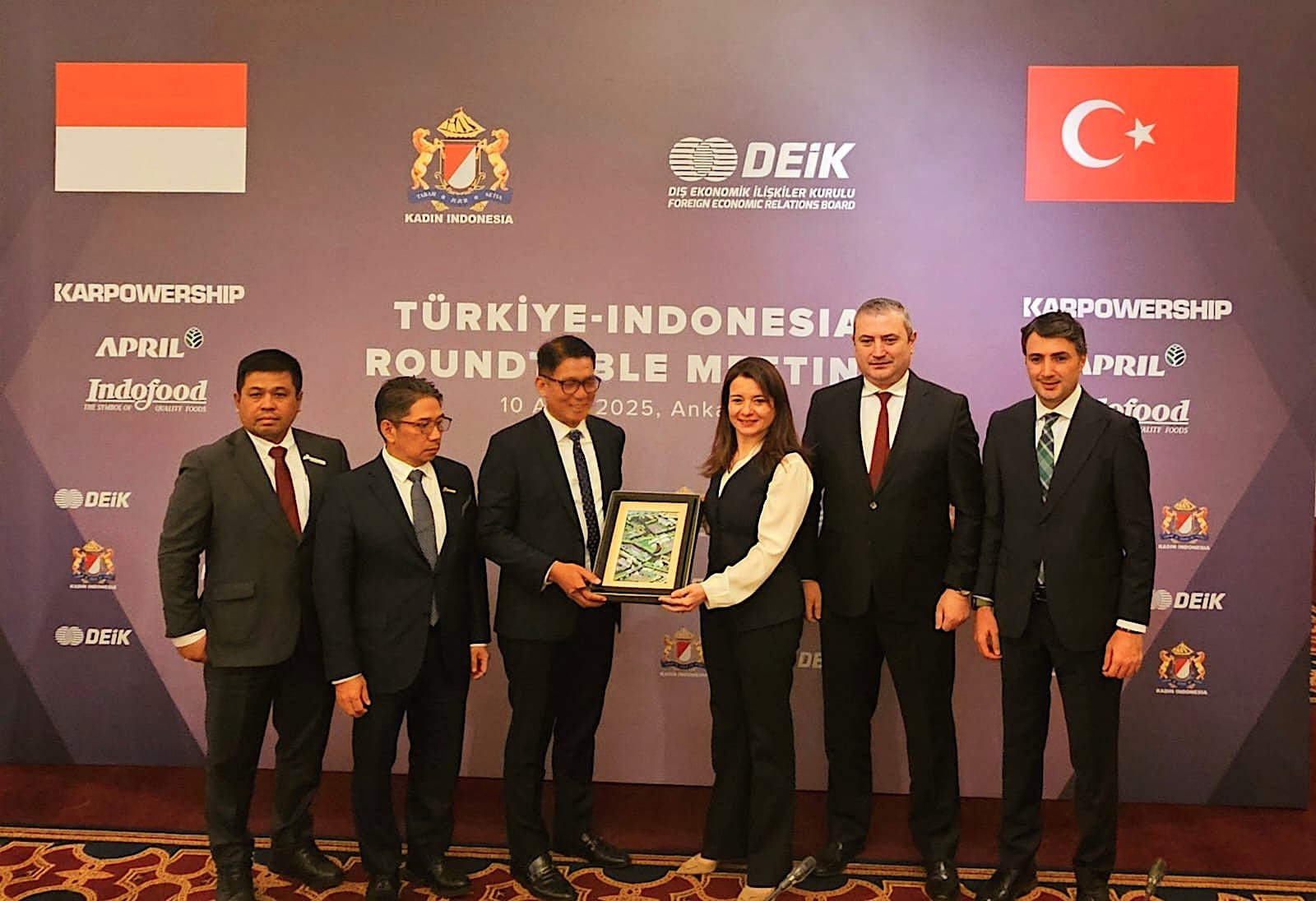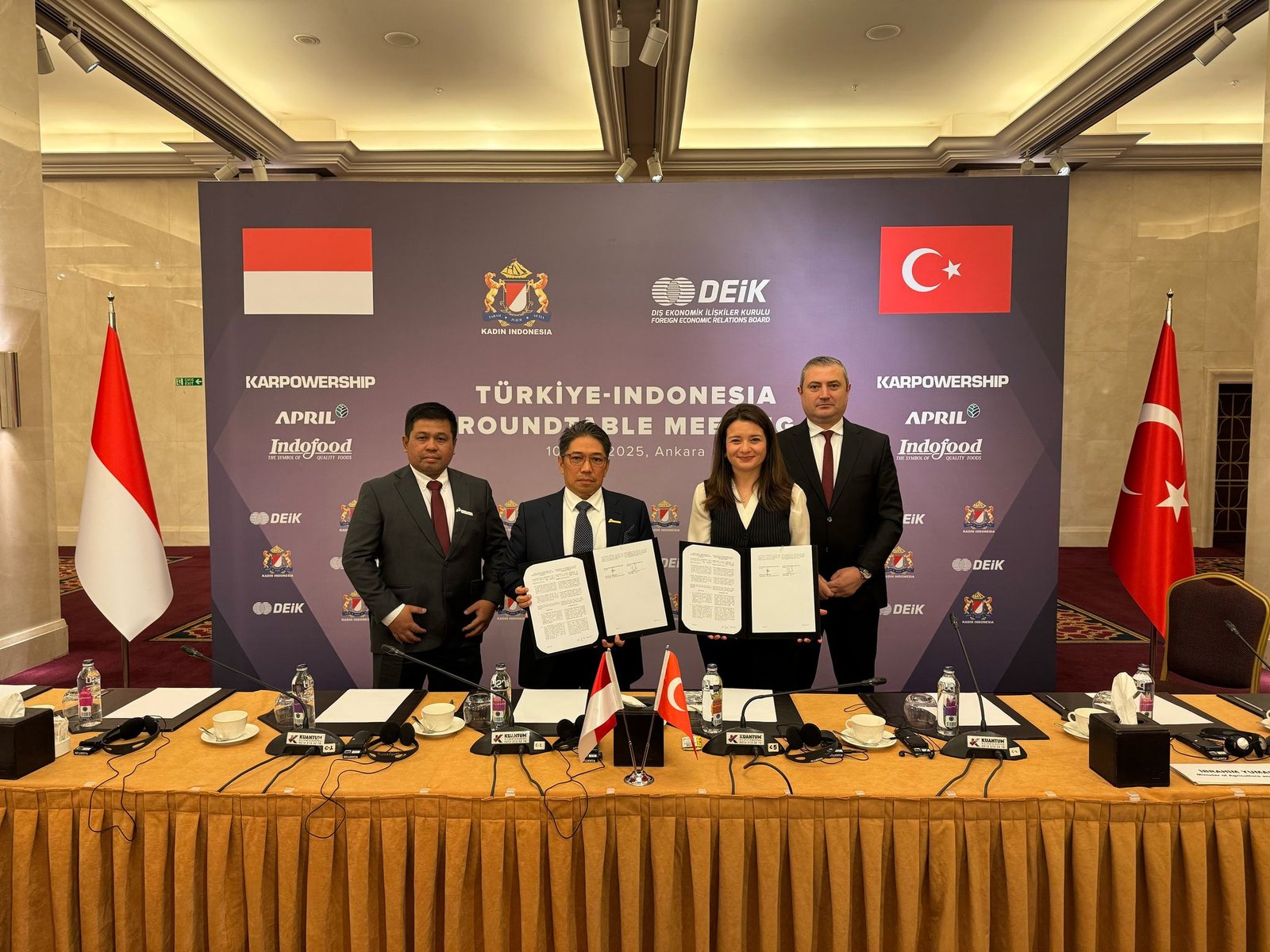
Jakarta, April 14, 2025 (PR) — PT Pertamina Geothermal Energy Tbk (PGE) (IDX: PGEO) has signed a Joint Study Agreement (JSA) with Turkish energy company, Zorlu Enerji Elektrik Üretim A.?.. The signing, held in Ankara, Turkey, on Thursday (2025/04/10), was witnessed by the Coordinating Minister for Economic Affairs of the Republic of Indonesia, Airlangga Hartarto, and the Minister of Agriculture and Forestry of the Republic of Türkiye ?brahim Yumakl?. This signing was part of the Turkey-Indonesia CEO Roundtable Meeting organized by the Indonesian Chamber of Commerce and Industry (KADIN Indonesia) and The Foreign Economic Relations Board of Türkiye (DEIK).

For both companies, this collaboration marks a concrete step in encouraging intergovernmental cooperation in the new and renewable energy sector through joint studies of geothermal projects. The JSA explores a collaboration for the development of a geothermal power plant project in the geothermal working area owned by Zorlu Enerji in Turkey.
President Director of PT Pertamina Geothermal Energy Tbk. Julfi Hadi stated that through the agreement with Zorlu Enerji, PGE will explore the potential for geothermal development collaboration that can strengthen the strategic direction of Indonesia and Turkey in accelerating global clean energy transition.
“Our goal is to establish a clean energy system that is sovereign, reliable, and future-oriented. Geothermal energy is essential to achieving this goal, as it is an indigenous energy source for both countries. This collaboration is expected to open up opportunities to accelerate transfer of technology, build a strong domestic geothermal industry supply chain, and attract investments in the development of new and renewable energy sector, particularly for Indonesia,” said Julfi in his statement to the media in Jakarta, Monday (2025/04/14).

The agreement between PGE and Zorlu Enerji is a follow-up to the Memorandum of Cooperation (MoC) between Indonesia’s Ministry of Energy and Mineral Resources (ESDM) and Turkey’s Ministry of Energy and Natural Resources, signed during President Erdo?an’s state visit to Indonesia on February 12, 2025 where both countries agree to strengthen each other’s energy resilience.
Beyond Diplomacy: A Concrete Leap Toward Green Energy Sovereignty
For Indonesia, geothermal energy is more than just a renewable energy resource; it has become a national strategic asset. With reserves reaching 24 gigawatt (GW) or equivalent of 40% of the world’s geothermal reserves, Indonesia has the potential to be a major player in actively driving a massive and global clean energy transition.
Zorlu Enerji, Turkey’s largest player in the geothermal industry, welcomed the collaboration as part of a shared commitment of the two countries in leading the global geothermal industry.
Geothermal: The Solution to Energy Challenges
In the energy transition roadmap, geothermal energy is a clean energy source that is always available, not dependent on wind or sunlight. Hence, the Indonesian government has made geothermal energy a key part of its national strategy to achieve Net Zero Emissions before 2060.
Having over 40 years of experience, PGE is targeting an increase of installed capacity from 672 MW to 1 GW within the next two years, and 1.7 GW by 2034. In terms of potential, the company has identified 3 GW of reserves across 10 independently-managed Geothermal Working Areas (GWA).
The JSA with Turkey is expected not only to strengthen the strategic partnership between the two countries, but also opens up further collaboration opportunities for PGE. This is a concrete step by PGE in accelerating the optimal utilization of geothermal, as well as encouraging downstream development in Indonesia’s new and renewable energy sector. On this occasion, both parties can gain added value by learning about geothermal management and its different characteristics between Indonesia and Turkey. Beyond electricity generation, this synergy also enables a broader potential for green business diversification, including geothermal by-products such as green hydrogen, silica, and carbon credits.




